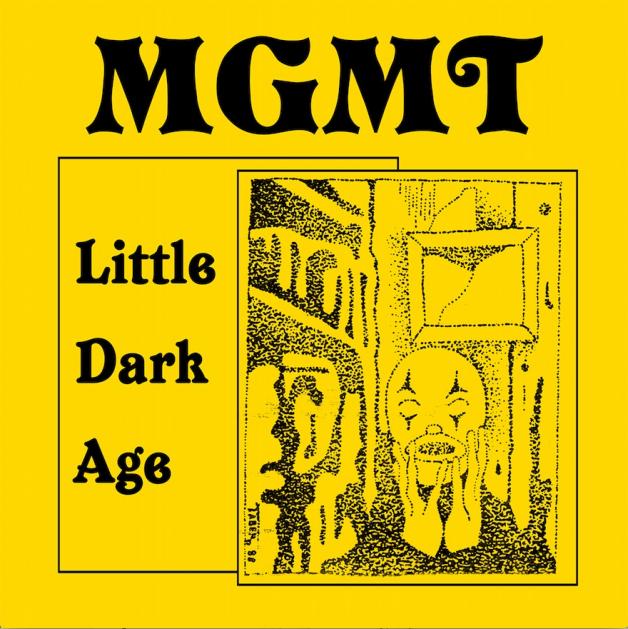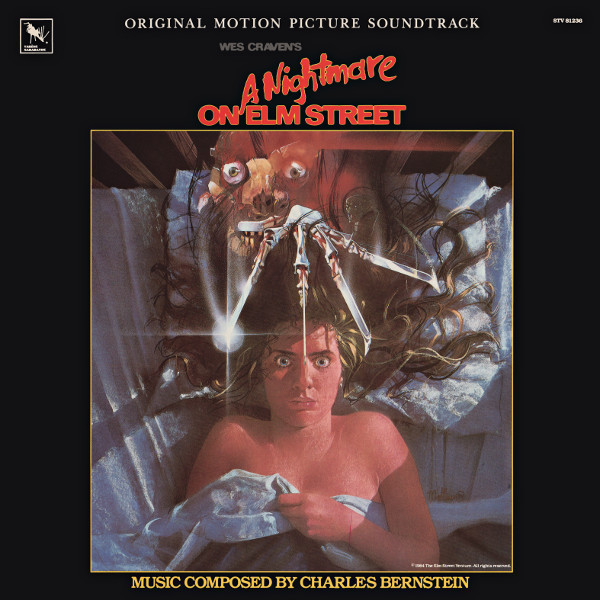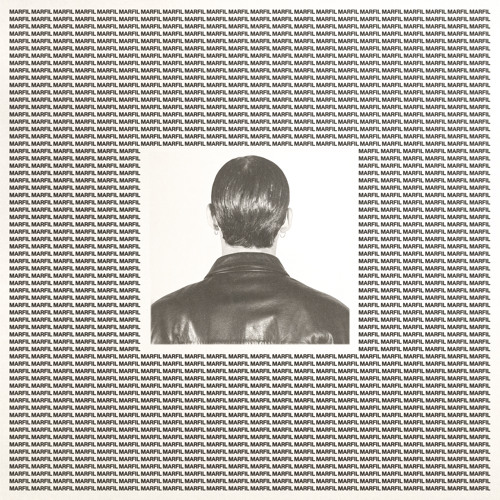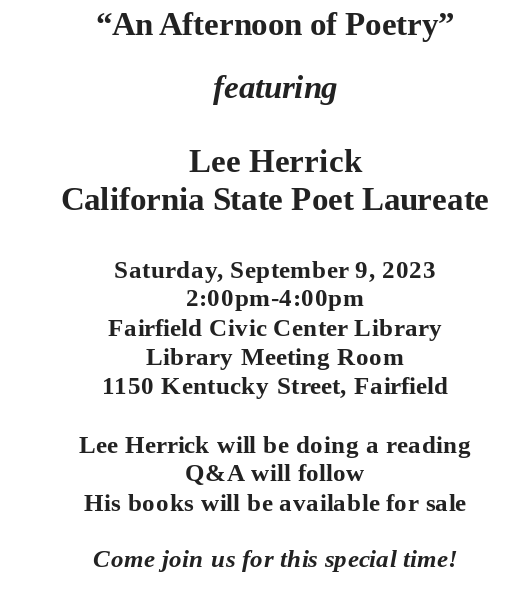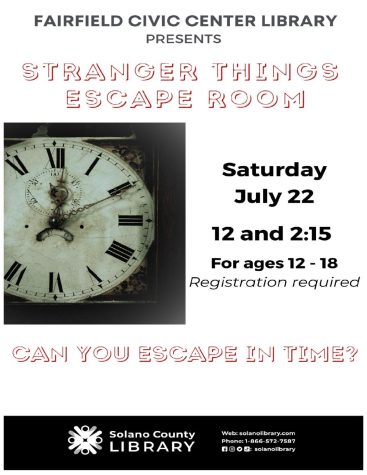Turn up the volume
CD review: “Little Dark Age” by MGMT
The cover art of “Little Dark Age”.
It’s been almost four years since Sarah Cammarota reviewed MGMT’s 2018 album “Little Dark Age”, but you’d have to listen to it to make your own decision. This is what she had to say in February, 2018 on https://thehoya.com/album-review-little-dark-age/.
MGMT’s 2018 album “Little Dark Age” follows in the vein of the spaced-out indie-pop that rocketed the band to stardom 11 years ago. However, while the project almost succeeds in reviving the duo’s early retro-synth success, it struggles to find its own identity.
MGMT, which the friends Andrew VanWyngarden and Ben Goldwasser formed while students at Wesleyan University, experienced a meteoric rise to fame with its 2008 debut album “Oracular Spectacular.” With tracks like “Time to Pretend” and “Kids,” VanWyngarden and Goldwasser toed the line between the comfortable cubby of childhood and the uncertainties of early adult independence.
After fumbling through the thematically confused albums “Congratulations,” from 2010, and “MGMT,” from 2013, it seems MGMT is still trying to find its place as adults with “Little Dark Age.”
The album’s first track, “She Works Out Too Much,” is a jarring shift from the hazy psych-rock of MGMT’s previous two albums. Sounding notably similar to the niche vaporware genre of the early 2010’s with its warped and nostalgic samples, the track laments the struggles of online dating, though it goes slightly overboard with the synthetic sounds of a SEGA video game.
While “She Works Out Too Much” takes a tongue-and-cheek look at the detachment of the digital age, other tracks on the album employ equally sarcastic but more downbeat criticisms.
“When You Die” employs some of the same New Wave techniques popular on “She Works Out Too Much,” but in contrast is lyrically angst-ridden. With lines like “You die / And words won’t do anything / It’s permanently night / And I won’t feel anything,” the lyrics take on an ironically gothic feel.
Similarly, the fifth track on the album, “TSLAMP,” which stands for “Time Spent Looking At My Phone,” slithers along with a manufactured bass line and the same melancholic disdain for digital aloofness that permeates the whole album.
The album falls somewhat flat with “James,” a confused combination of monotone droning, hazy synthesizers and a misplaced French horn solo. Here, MGMT struggles to reconcile the blurry introspection of “MGMT” and “Congratulations” with the earlier commercialized hooks of “Oracular Spectacular.”
Instead of an experimental romp through wonderland, “One Thing Left to Try” most resembles the festive earworm pop of “Oracular Spectacular.” The song echoes tracks like the band’s 2008 single, “Time to Pretend,” with its shiny hooks and kitschy use of synthesizer. “One Thing Left to Try” also lyrically harkens back to MGMT’s earlier work with unimaginative declarations like “to last until the sunset” and “die just to feel alive.”
Tracks like “One Thing Left to Try” and “James” represent the two opposite spectrums of MGMT’s musical past — accessible indie-pop and surreal introspective ballads. Although the majority of the album waffles between these two extremes, they are finally married in “Me and Michael” and “Hand it Over.” These two tracks bring together reflective themes, catchy melodies and nostalgic synth-pop.
“Little Dark Age” is neither a total shift from MGMT’s mid-career attempts nor a complete return to the band’s early work, falling instead somewhere in the middle. While MGMT is still experiencing growing pains, “Little Dark Age” provides some hope that the band is finally emerging from its indie puberty into a long-overdue musical maturity.
